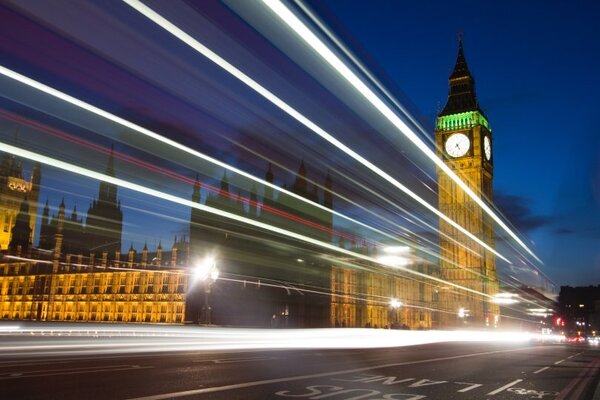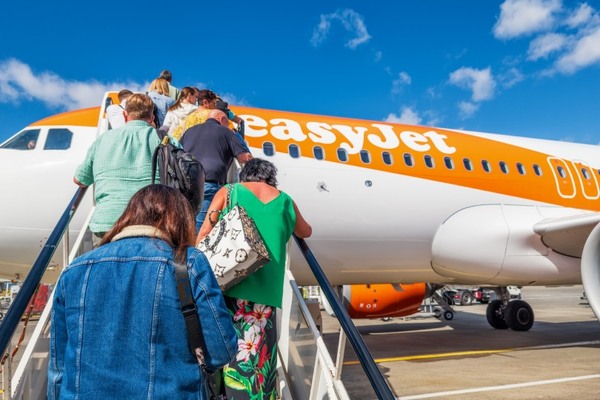Travel entering ‘pivotal five-year period’ as general election looms – Abta
 Harry Kemble
Harry KembleThe travel industry is entering a “pivotal period” over the next five years, according to Abta, which today (17 April) set out the industry’s priorities in its Manifesto for Travel and Tourism ahead of the general election.
The manifesto covers three themes: positioning the UK as a leader in sustainable travel; promoting careers within travel and tourism; and creating the conditions for the travel industry to compete successfully.
Within its manifesto, Abta calls for business rates to be reformed to support high street travel businesses. It said the current system is “outdated” and “disincentivises companies by making it more expensive to operate in-person premises”. “Any new system must seek to deliver a fair system of taxation and the regeneration of high streets,” Abta commented.
In addition, Abta also wants the UK’s domestic transport infrastructure to be improved to enhance international gateways such as sea ports, airports or rail stations. “Abta believes investment in improving the UK’s domestic infrastructure is critical to improving our economic productivity and driving growth,” it said.
Furthermore, Abta outlined how it supports “sensible, proportionate consumer protection, such as Atol, the Package Travel Regulations and passenger rights legislation”. It added: “It is vital any reforms are conducted in partnership with the sector.”
With more than 4,600 members with a combined annual UK turnover of more than £40 billion, Abta is the largest travel trade body in the country.
Abta often releases a manifesto before a general election but, for the first time, the association is sharing data with members to show the value of travel within their constituencies.
Abta’s director of public affairs Luke Petherbridge told TTG: “We’ve been working on these policy priorities for a number of years and we’ve been evolving them. What we’re facing is a pretty pivotal period for the travel industry over the next five years."
Petherbridge noted how the Conservatives and Labour were often in “fairly similar” phases in terms of policy making.
He added certain sustainability initiatives, such as emissions trading schemes, must be introduced because in 2019 the UK made a legally binding pledge to achieve net-zero greenhouse gas emissions by 2050.
Therefore, if a new political party enters government, it would have to work towards these legally binding goals, regardless of political leanings, he argued.
Politicians ‘in listening mode’
On youth mobility, Petherbridge highlighted how both Labour and the Tories understood its importance. The Tories raised the subject in the autumn statement last year, while Labour recognised how youth mobility could help “rebuild” relationships with the European Union, said Petherbridge.
The latest a general election can be called is January 2025, but most analysts expect it to take place later this year.
Mark Tanzer, Abta chief executive, said: "Abta wants the next government to seize the opportunities presented by outbound travel to further boost the UK economy and travel businesses.”
He admitted politicians tended to be more cooperative with the travel sector ahead of a general election. “They’re in more of a listening mode,” he said. “The [manifesto’s] themes change as time goes on.”
He added Abta’s manifestos were a “good opportunity” to engage with a new government. “It’s also a chance for our members to talk to prospective candidates about why travel is important both economically and socially and how it employs lots of people around the country,” said Tanzer.
Sign up for weekday travel news and analysis straight to your inbox

Harry Kemble
Supplier Directory
Find contacts for 260+ travel suppliers. Type name, company or destination.












